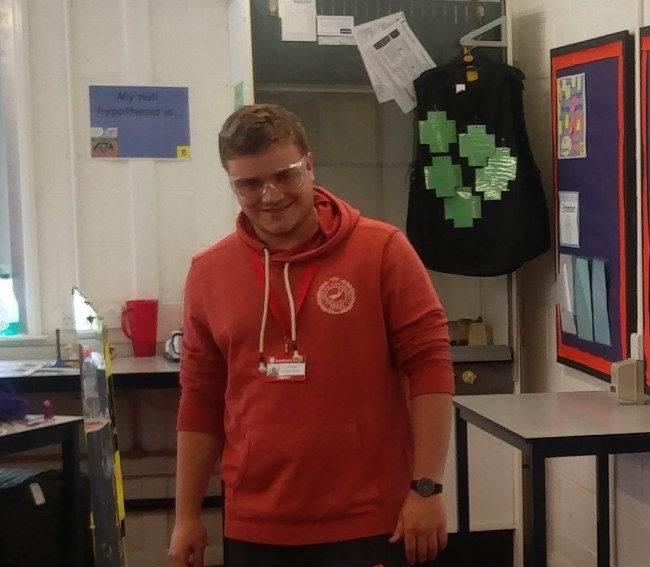“Sir, is it true that…?”
“Sir, I saw this TikTok where…”
“Sir, my mate says…”
A day in the life of a cog in the machine of our science education system, one I think most science teachers could empathise with. These questions are enthralling and exciting, and the students want to know more. But there’s a problem, I’m expected to know the answer, or at least; the students in the room at the time expect it. I infuriate them.
“What do you think? Why? Could you prove it?”
“Don’t you know, sir?”
In fairness, I probably don’t.
I like to think that I’m somewhat competent at science. Well I can at least teach students to a ‘secure’ level so let’s say that I am ‘secure’. That doesn’t mean that I can list the entirety of facts about everything in Biology, Chemistry and Physics. What I can do is rely on the science I do know and apply it to try to come up with an explanation for a phenomenon in the real world, I then have the skills to research or design an experiment to figure out the answer. The students I teach are not assessed on this capability. They’re mainly assessed on recalling information and applying formulas which they have learnt by heart. So who can blame them for assuming I know all the facts about science?
The future of science report hits on some key points. The majority of science educators do not believe science education is fit for the future. Most students will not take any science qualification higher than GCSE so it’s critical they leave with a future-proof idea of how to interpret the world around them, decipher information from misinformation and cope with a rapidly changing climate.
Our science education system is aimed at propelling people into further education in science, not to become critical thinkers who can adapt their views based on evidence in front of them. As the report cites, to do this we need a radically different way to assess our students, the real-life benefits of being able to memorise formulas or mnemonics is minimal, but the advantages of having a system which promotes critical thinking and adapting our ideas to evidence is crucial if we are to ever leave our echo chambers online and, actually collaborate as a community.
If we are to fail in this endeavour to change our ideas around teaching and assessing science, the experts all over the world have spoken: “science education is not fit for the future”.
In any case, if the majority of science teachers believe our science education is not fit for the future, is it any wonder why (as Ofsted recognised in their latest research review) “Science teachers are more likely to leave their school and the profession compared with non-science teachers.”, would you stay?
Joe Temple is a teacher of science (11-18) based in Yorkshire, aged 28 and educated across the North of England.
Access the evolution of science education survey report here.
Previous blogs on the Evolution of Science Education Survey:



